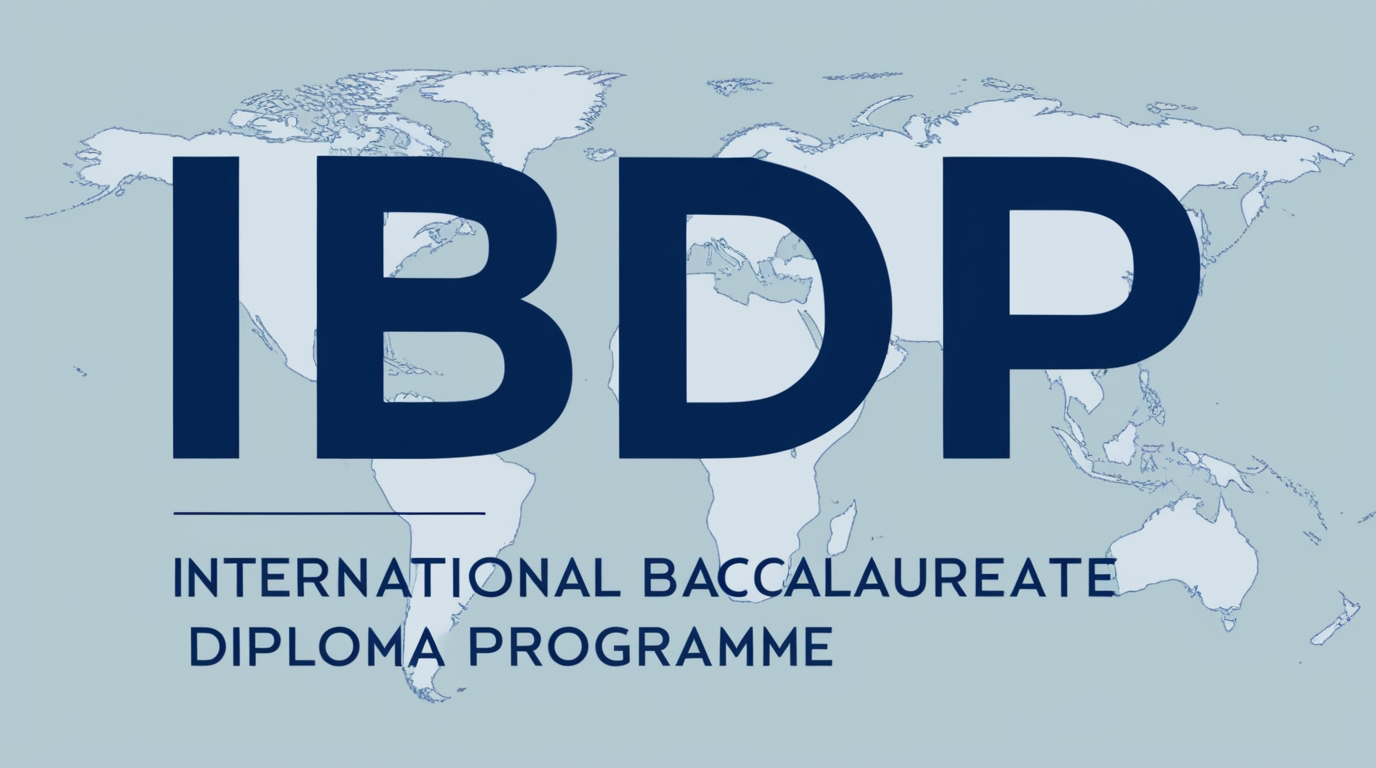What is the Full Form of IBDP? What is the IBDP?

What is the Full Form of IBDP?
The full form of IBDP is International Baccalaureate Diploma Programme (IBDP). IBDP is a globally recognised educational programme that has gained popularity for its rigorous curriculum and focus on developing well-rounded students. It is designed for students aged 16-19 and prepares them for success in higher education and beyond. With its comprehensive approach to education, the IBDP is often compared to other educational systems, making it essential for parents and students to understand its structure, benefits, and challenges. In this blog, we will explore what the IBDP is, how it compares to other educational systems, its assessment methods, core components, and the advantages it offers students for their future careers.
IBDP Board Full Form: A Complete Guide
IBDP stands for "International Baccalaureate Diploma Programme" IBDP is a two-year educational curriculum designed for students aged 16 to 19. Offered in 140 countries, it provides a globally recognized qualification for university admission and is accepted by numerous institutions worldwide.
Different Types of IBDP Programmes
The International Baccalaureate (IB) offers a comprehensive international education through its high-quality programmes designed for children aged 3 to 19. These programmes are structured to foster critical thinking, interdisciplinary learning, and both personal and academic growth. The IB's mission is to develop resilient, self-motivated individuals with the skills and knowledge needed to navigate life successfully. The IB provides four distinct educational programmes tailored to different age groups:
Primary Years Programme (PYP):
The PYP is designed for students aged 3 to 12 years and emphasises active, inquiry-based learning. This transdisciplinary programme covers six subject areas, with additional instruction in language, culture, art, music, and physical education through experiential learning.
Middle Years Programme (MYP):
Aimed at students aged 11 to 16 years, the MYP connects academic studies with real-world applications through a rigorous framework. The curriculum includes eight subject areas, with a minimum of 50 hours of instruction per subject group.
Diploma Programme (DP):
The Diploma Programme (IBDP), for students aged 16 to 19 years, is designed to foster deep conceptual understanding and broad knowledge. It promotes the physical, emotional, ethical, and intellectual development of students, preparing them for higher education and beyond.
Career-related Programme (CP):
The CP is also for students aged 16 to 19 years and combines academic learning with career-related education. The curriculum includes at least two DP courses, a career-focused study, and a core consisting of four components to ensure a well-rounded education.
These IB programmes are carefully designed to prepare students for the challenges of the modern world, equipping them with the necessary tools for lifelong success.
Benefits of IBDP For Students
What has always distinguished the IBDP from other education systems, however, is its holistic approach toward education. Against the national curricula, which could primarily be concerned with subject matter and standardised assessment, the IBDP gave great emphasis to research methods, critical thinking, and intercultural awareness. Starting off with several subject groups, that is, languages, sciences, mathematics, arts and people and societies, IBDP students study six subjects. No doubt, this multidisciplinary approach does assure a well-rounded education for the learners.
Additionally, the IBDP includes core components like the Theory of Knowledge (TOK), the Extended Essay (EE), and Creativity, Activity, Service (CAS), which further distinguish it from other educational systems.
Assessment and Examinations in IBDP
Assessment in the IBDP is designed to measure both students' academic knowledge and their ability to apply what they have learned. The programme uses a variety of assessment methods, including written examinations, internal assessments, and oral presentations. The final exams, which are held at the end of the two-year programme, are externally assessed and contribute significantly to the final grade. Internal assessments are conducted throughout the programme and include projects, experiments, and essays. The combination of continuous assessment and final examinations ensures that students are evaluated comprehensively and fairly.
Advantages of Enrolling in the International Baccalaureate Diploma Programme (IBDP)
The IBDP offers numerous benefits to students, making it a popular choice for those aiming for success in higher education and beyond. Some of the key advantages include:
Challenges and Demands of the IBDP
While the IBDP offers many benefits, it is also known for its demanding nature. The rigorous coursework, extensive reading, and challenging assessments require students to be disciplined and well-organised. Time management is crucial for balancing the demands of the six subject groups and the core components of TOK, EE, and CAS. The programme’s intensity can sometimes lead to stress and pressure, making it important for students to seek support from teachers, peers, and counsellors.
IBDP and Career Readiness
The skills and knowledge gained through the IBDP prepare students not only for university but also for their future careers. The emphasis on critical thinking, problem-solving, and research equips students with the abilities needed in a wide range of professions. Additionally, the IBDP's focus on intercultural understanding and global issues makes its graduates attractive to employers in an increasingly interconnected world. Many IBDP alumni have found success in fields such as medicine, law, business, and the arts, demonstrating the programme's effectiveness in fostering career readiness.
In-Depth Look at the Subject Groups
The IBDP curriculum is divided into six subject groups, each designed to provide students with a broad and balanced education:
IBDP Success Stories
There are countless success stories from IBDP graduates who have gone on to achieve great things in various fields. Many alumni credit the programme's rigorous academic environment and emphasis on critical thinking for their success in higher education and their careers. These success stories highlight the value of the IBDP in shaping well-rounded, knowledgeable, and adaptable individuals.
How to Apply for the IBDP
Applying for the IBDP typically involves researching schools that offer the programme, understanding the admission requirements, and preparing an application. Each school may have its own specific criteria for admission, such as entrance exams or interviews. It is advisable for prospective students to demonstrate a strong academic record, a commitment to extracurricular activities, and an interest in global issues, as these align with the IBDP's values.
Tips for Thriving in the IBDP
The Core Components: TOK, EE, and CAS
The core components of the IBDP are what make it unique:
- Theory of Knowledge (TOK): Encourages students to reflect on the nature of knowledge and how we know what we claim to know.
- Extended Essay (EE): A 4,000-word independent research paper on a topic chosen by the student, which helps develop research and writing skills.
- Creativity, Activity, Service (CAS): Involves students in a range of activities alongside their academic studies, promoting creativity, physical activity, and community service.
These core components foster critical thinking, independent research, and personal growth, contributing to the holistic development of IBDP students.
By understanding the structure and benefits of the IBDP, students and parents can make informed decisions about whether this programme is the right fit for their educational and career goals. The IBDP's focus on academic rigour, personal development, and global awareness makes it a compelling choice for those seeking a challenging and rewarding educational experience.
IBDP not only strengthens your thought processes, imagination and personality, it enables you to elevate your academic portfolio and venture into fascinating avenues. To learn about the various possibilities you unlock with an IB education, check out:




